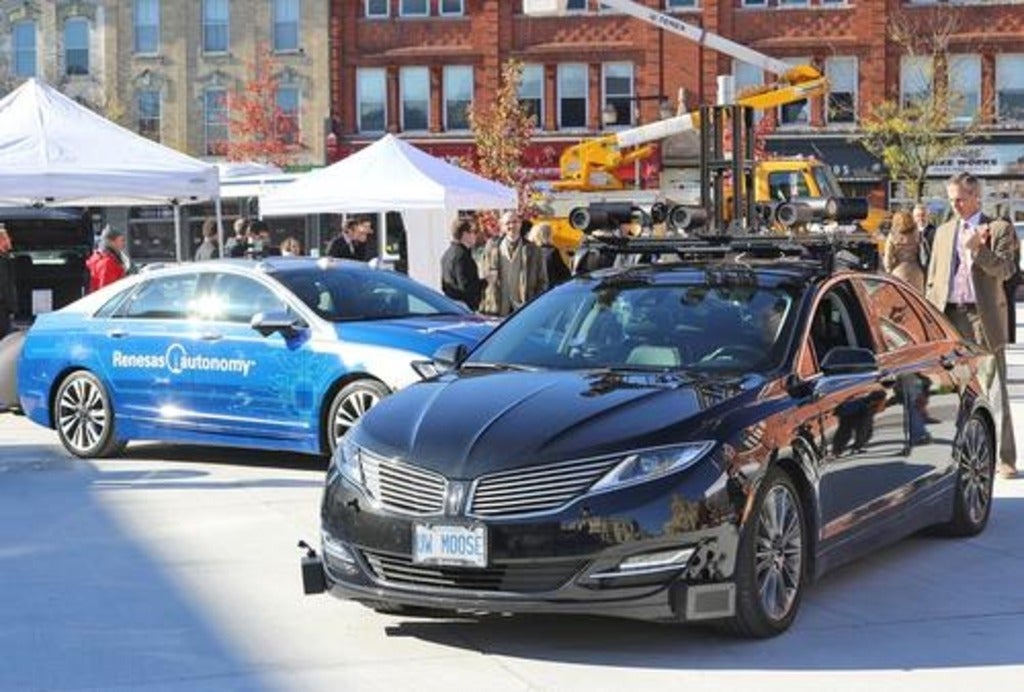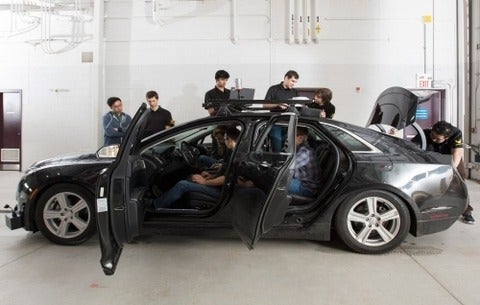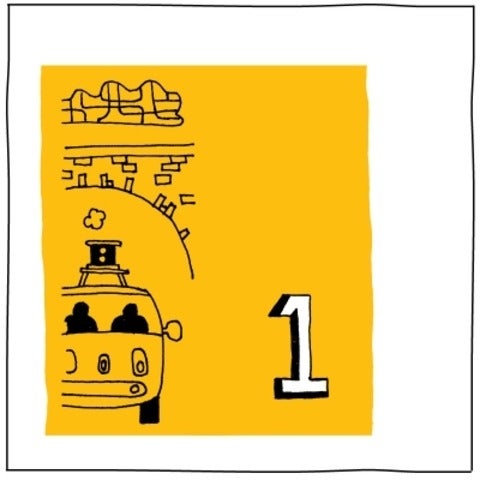University of Waterloo partners with Chinese institutions on connected autonomous driving
The University of Waterloo will partner with leading institutes in China to advance research in the areas of connected and autonomous vehicle technology.
The partnership between Waterloo and the Qingdao Academy of Intelligent Industries (QAII) and the State Key Laboratory for Management and Control of Complex Systems (SKL-MCCS) was solidified in an agreement recently signed by all parties.






